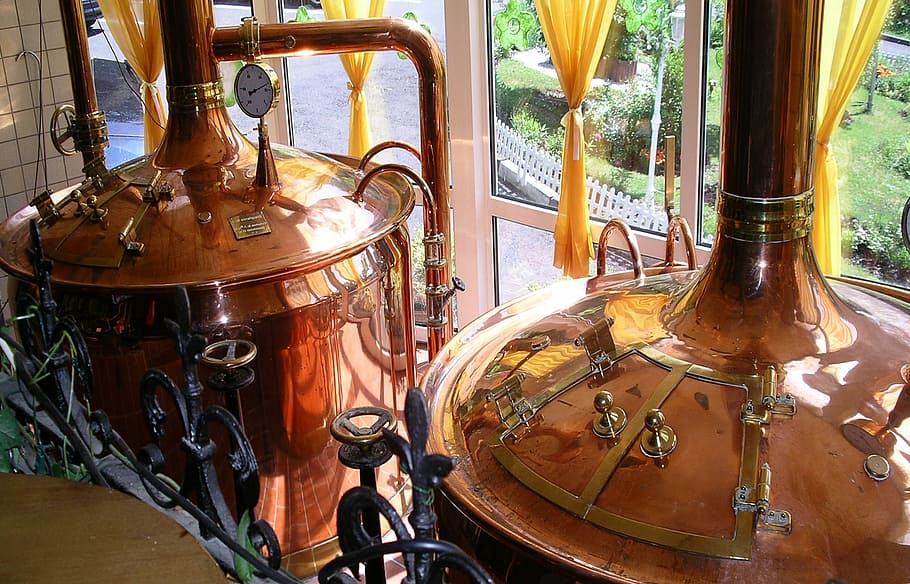What is Gin?
Gin is a kind of
distilled, colorless to a pale yellow and flavored alcoholic drink, made from
distilled fermented grains and other botanicals, with a predominant juniper
flavor, comes with a pine-like flavor. Other botanicals include coriander,
angelica, lemon, orange, orris root, etc. It has an ABV (Alcohol by Volume)
percentage of 40-50%.
History of
Gin
The name Gin comes
from the French name for the juniper berry, Genever. This drink was started as
herbal medicine in the 13th century. In the 16th century, Dutch started
producing a spirit called "Genever". It consisted of a malt wine base
and juniper berries to give a harsh flavor. In the 17th century, Professor
Franciscus Sylvius of Leiden University, Holland distilled the juniper berry
with spirits to produce an inexpensive medicine having diuretic properties of
juniper berry oil. In the latter half of the 17th century and in the early
years of the 18th century, gin became popular in England, and thousands of gin
shops were grown rapidly in England. This period is known as Gin Craze. At that
time a bottle of gin was cheaper than a bottle of beer. As a result, England's
poor people began drinking gin less responsibly and poor people of England
began to die. Almost 4-5 years later, the government introduced a distiller's
license to control drunkards.nIn 1751, the Gin Act came to control spirit
consumption. It raised the taxes and fees for retailers.
In 1830, a
French-born Irishman named Aeneas Coffey introduced a modified gin and created
a revolutionary in liquor production around the world. He manufactured a much
cleaner and pure spirit than ever before.
In British Royal
Navy gin was used as an additive to decrease the bitter flavor of quinine,
which was used to prevent malaria of England's sailors.
Gin consumption
came down in the 20th century. It's been re-embraced as a cult and craft
cocktail ingredient. In 2013 gin became popular worldwide with new
brands.
Types of Gin
Normally gin is
classified into five categories, as sloe gin is considered as liquor more than
gin. Because of the amount of sugar added to it. In this article, six types of
gins are added, which are found around the world. Other styles of gins are
manufactured from these six types of gins.
London Dry Gin
People know this as a simple gin. It is typically dry with a very
high juniper flavor. Other aromatic ingredients are also infused to get a
flowery and botanical flavor. This gin must be distilled with at least 70% ABV
and only water. This style is great for classic martinis, gin and tonics, and
aviation cocktail.
Plymouth Gin
Old Tom Gin
It is sweeter than London dry gin. This gin was originally used for the Tom Collins (Tom Collins recipe- gin, lemon, and soda). Brands of Old Tom Gin are Hayman's or Ransom.
Genever or Dutch Gin
It has a distinct color and taste to other types of gins. Genever is made from a base of malt grain, which gives it a darker color and a light-bodied, botanical whiskey-like robust flavor. Cloves, caraway, ginger, nutmeg, etc are also added as flavor.
New American or International Style Gin
It refers to the all-new style of gins that use the same base distilling process, but infused with different flavors other than juniper berries. Examples of New American or International Style Gin is Leopold's American Small Batch Gin, Schramm Gin, Aviation Gin, etc.
Sloe Gin
It is a flavored gin using slow, berries with sugar. Sloe gin is a fruit cordial. Some sloe gins are made with vodka also.
Sources:









great and really accurate information. thank you for sharing./ https://trogin.com.au/
ReplyDelete